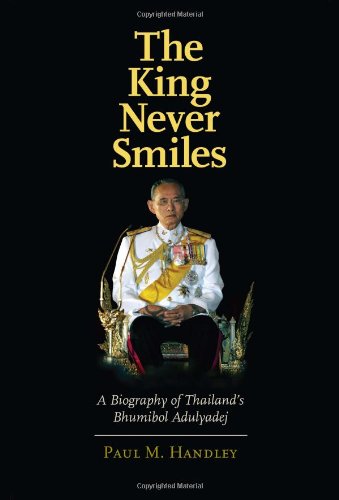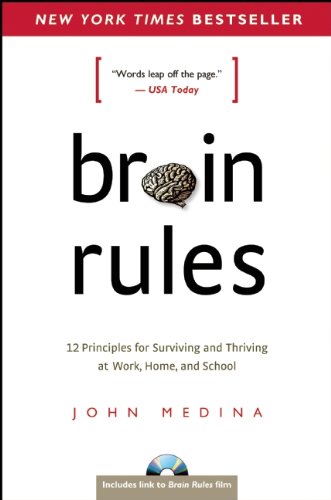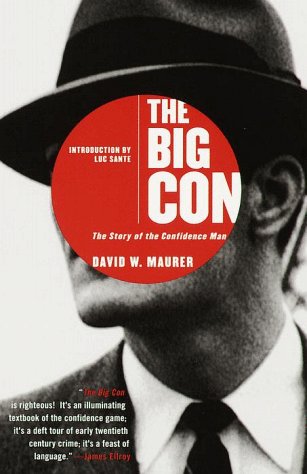Liberaleren har stilt meg noen spørsmål om hvordan det står til med bloggmiljøet i Norge, og jeg har svart at hele spørsmålet er litt meningsløst. Blogg har blitt bare en av flere publiseringsteknologier, og selve teknologien er ikke interessant i seg selv.
Monthly Archives: October 2011
På utsiden av det gode selskap
Jeg har et innlegg på Aftenposten.no, hvor jeg skriver at selv om innvandringskritikere ofte blir dårlig behandlet i den offentlige debatten, bør de unngå selvmedlidenhet.
Det er ikke alltid lett å tilhøre den innvandringskritiske siden av norsk innvandringsdebatt. Hvis du mistenker at den ikke-vestlige innvandringen nå foregår i et tempo samfunnet ikke klarer å håndtere, plasserer du deg på utsiden av det gode selskap, med begrenset tilgang til de viktigste mediene. Og du opplever at de som står på innsiden, gang på gang får lov til å definere deg og de du er enig med som dårlige mennesker. Du tar ikke bare feil, du har et tvilsomt menneskesyn. Du er «grums», et «troll», «høyreekstrem», «islamofob».
Det blir det gode mot det onde. Gode hensikter mot mørke fordommer. Og du er en av de onde.
Jeg er forøvrig også gjestemoderator for anledningen, og styrer kommentarfeltet under innlegget med hård hånd!
Book roundup: John Medina, Jane McGonigal
John Medina – Brain Rules (2008)
Exercise and sleep are good for the brain, multitasking is a myth, stress makes you stupid, and repetition and repetition and multi-sensory input aids memory.
Recommended: Yes. It’s basic, but Medina seems to take science seriously, the snappy title isn’t stupid, and even his anecdotes are discreet. See, pop-sci authors, is that so difficult?
Jane McGonigal – Reality is Broken (2011)
Gamification is to add a layer of gaming mechanics (goals, rules, feedback and meaning) on top of everyday activities, to achieve something useful, or just for the fun of it. I’ve been experimenting with gamification since long before there was a word for it. But McGonigal brings out the cynic in me, and when I picture her gamified utopia, I see a world of superficial geeks using carefully designed Happiness Hacks to become the emotional equivalent of health freaks. It’s not that I don’t see how checking in to Foursquare, or taking part in Halo 3′s 10 billion kill challenge, can provide your life with a meaning that it otherwise lacks – I just don’t see this as something to aspire to. Nor do I see the millions of World of Warcraft players as an army of potential do-gooders who stand ready to Save the World, if only someone could translate this into the right gaming metaphors.
Recommended: No. The basic ideas are sound, but the uncritical enthusiasm makes you feel like you’re reading this from twenty years into the future, looking back on the naivety of an earlier generation.
Book roundup: David W. Maurer, Paul M. Handley
David W. Maurer – The Big Con (1940)
Long before the con man became the second laziest trope in all of movies and television, (after the serial killer), genuine gentleman swindlers roamed the land in search of wealthy marks with “larceny in their veins” and a taste for the “sure thing”, and used elaborate big store setups to encourage them to give away their money.
Recommended: Yes. Most of all for the attention it gives to the language of the con men, which seems to have been linguist Maurer’s original motivation for talking to them. This may in fact be the only interesting book ever written by a linguist. (No? Give me a counterexample!)

Paul M. Handley – The King Never Smiles (2006)
Bhumipol Adulyadej, the King of Thailand, and the longest-serving current head of state, has cultivated an image as a dhammaraja, a ruler whose strict adherence to Buddhist virtue makes him the moral center of his country. Reality is a bit less virtous: Bhumipol is a player who interferes rarely but decisively in political life, usually preferring stern generals over chaotic democracy.
Recommended: Weakly. The subject is interesting, and can only be dealt with honestly by a foreign historian, because of Thailand’s powerful lese-majesty laws. But the book covers nearly a century in 450 pages, and eventually gets bogged down in a never-ending series of coups and generals. Handley doesn’t actually have much to say about Bhumipol at all. His image is too well protected.
1950s movies marathon – part 60
Lowlands / Tiefland (1940s/1954, Germany, Riefenstahl)
When wolves threaten the sheeple, it is time for a great Shepherd to come down from the mountains and Lead them to freedom. Watched it all. People who are uncomfortable with Leni Riefenstahl, (or, more stupidly, claim she’s actually an anti-fascist), must be unaware of just how much fascism there is hidden away in all of our art, (including, probably, several of your favorite movies.) That’s where it belongs. The problem is when it escapes into real life. Anyway, this is a fantastic movie. It was filmed during the war, and is a reminder of what Riefenstahl could have achieved after it if she hadn’t already done such a great job for Hitler.
Botostroj / Giant Shoe-Factory (?!) (1954, Czechoslovakia)
Oh, you evil capitalists with your evil ways, you make me so mad! Watched: 21 minutes. You can always count on totalitarian movies for a certain intensity that normal movies lack. Everything that happens resonates with Destiny. But this is still pretty stupid.
A Star is Born (1954, USA, Cukor)
This reconstructed version goes on and on and on forever. It’s been patched together using still photos in place of lost scenes and everything. Dear god, why?! The beginning is good, though, and Judy Garland has never sounded better. Watched it all, although with only half an eye for the last seven hours. (Oh, and, believe or not, it uses the Wilhelm scream. Twice!)



